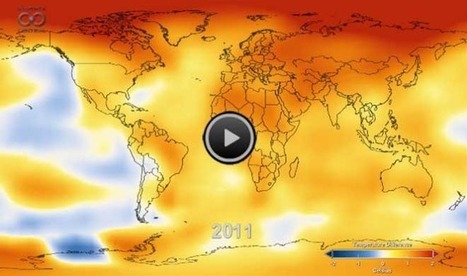From Andalusia to Olympia, here are ten gorgeous places we might not have for much longer.
Some ecosystems are incredibly resilient in the face of climate change, while others are more vulnerable. This slideshow looks at some of the most gorgeous, yet susceptible places on Earth.



 Your new post is loading...
Your new post is loading...









